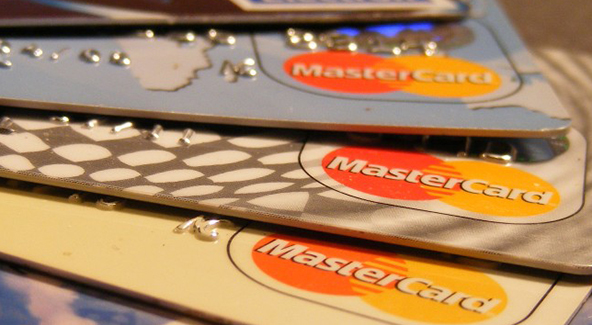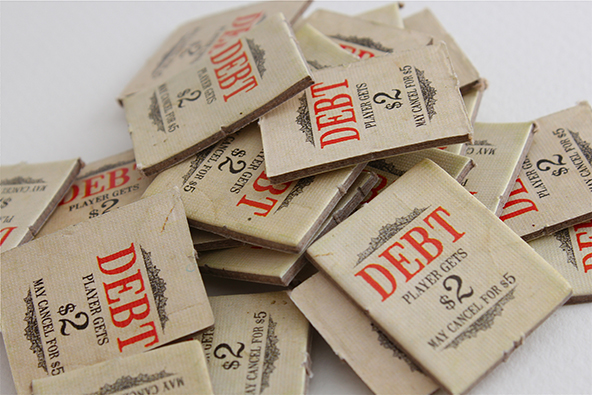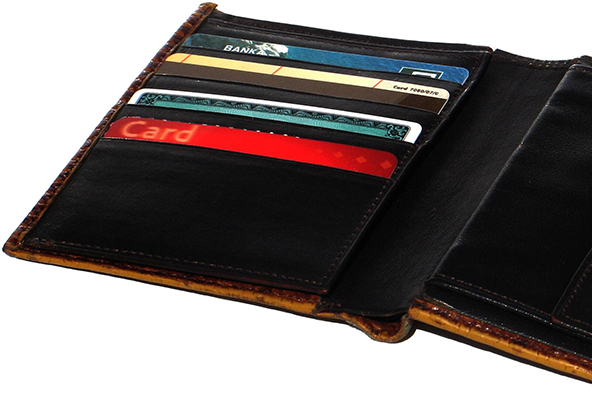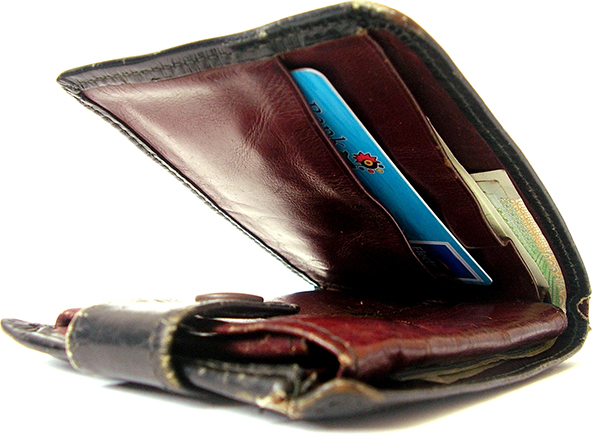What Every Merchant Should Know about MasterCard Chargebacks

A chargeback is a process through which a card issuer charges the whole transaction amount or part of it back to the processing bank, in effect reversing the associated sales transaction. This reversal may be prompted by a number of reasons, which could cause the issuer to determine that the transaction is not valid.
Each credit card association (i.e. Visa or MasterCard) and company (e.g. American Express or Discover) has established its own rules regulating the chargeback process and in this article I will offer a cursory overview of the way MasterCard has done it.
Chargebacks Reasons
MasterCard chargebacks are grouped into five major categories:
- Authorization.
- Fraud.
- Cardholder disputes.
- Retrieval request and documentation required.
- Processing or procedural errors.
Chargebacks are typically the result of a customer dispute or an error in the transaction’s dollar amount.
Chargeback Process
After a sales transaction is first presented for payment to the issuer by the processor, the former may determine that it is invalid and may then return the transaction to the processor as a chargeback for possible remedy. Following the first presentment, the chargeback life cycle may include:
- First chargeback (submitted by the issuer).
- If necessary, a second presentment (submitted by the processor).
- If necessary, an arbitration chargeback (submitted by the issuer).
The issuer must initiate the first chargeback within a time frame that is specific (and determined by MasterCard) for the applicable reason code. If the issuer and processor do not resolve the case within the above three cycles, they must send it to MasterCard for arbitration. Additionally, if an issuer needs a copy of the sales receipt, the retrieval process is made up of two stages — Retrieval Request and Retrieval Fulfillment. The retrieval process may also include an Image Review.
Retrieval Requests and Retrieval Fulfillment
The issuer can request the transaction receipt from the processor if there is any question about the disputed sale that the original document or fax may help resolve. To complete this cycle, the processor either fulfills the issuer’s request or sends back a message to the effect that it is unable to honor it.
MasterCard Message Reason Codes
Listed below are MasterCard’s chargeback message reason codes, by category.
- Authorization-related chargebacks:
- 4807 — Warning Bulletin File.
- 4808 — Requested / Required Authorization Not Obtained.
- 4812 — Account Number Not On File.
- Fraud-related chargebacks:
- 4837 — No Cardholder Authorization.
- 4840 — Fraudulent Processing of Transactions.
- 4847 — Requested/Required Authorization Not Obtained and Fraudulent Transaction.
- 4849 — Questionable Merchant Activity.
- 4862 — Counterfeit Transaction Magnetic Stripe POS Fraud.
- 4863 — Cardholder Does Not Recognize — Potential Fraud.
- 4870 — Chip Liability Shift.
- 4871 — Chip / PIN Liability Shift.
- Cardholder dispute chargebacks:
- 4841 — Cancelled Recurring Transaction.
- 4853 — Cardholder Dispute — Defective Merchandise / Not as Described.
- 4854 — Cardholder Dispute — Not Elsewhere Classified (U.S. region only).
- 4855 — Non-receipt of Merchandise.
- 4857 — Card-Activated Telephone Transaction.
- 4859 — Services Not Rendered.
- Retrieval request and documentation required:
- 4801 — Requested Transaction Data Not Received.
- 4802 — Requested / Required Information Illegible or Missing.
- 4863 — Cardholder Does Not Recognize — Potential Fraud (First chargeback only).
- Processing or procedural errors:
- 4831 — Transaction Amount Differs.
- 4834 — Duplicate Processing.
- 4835 — Card Not Valid or Expired.
- 4842 — Late Presentment.
- 4846 — Correct Transaction Currency Code Not Provided.
- 4850 — Credit Posted as Purchase.
- 4860 — Credit Not Processed.
The Takeaway
It is essential that, whenever you receive a chargeback, you first evaluate its validity and act accordingly. If the chargeback is valid, do not waste time disputing it, but just accept it and move on. If the chargeback is not valid, quickly provide a legible copy of the associated transaction’s receipt to your processor for a second presentment (re-presentment). Keep in mind that, if your processor receives the transaction document past the applicable time frame, you will automatically lose the case, regardless of whether the chargeback is valid or not.
Image credit: Money-mouse.co.uk.


